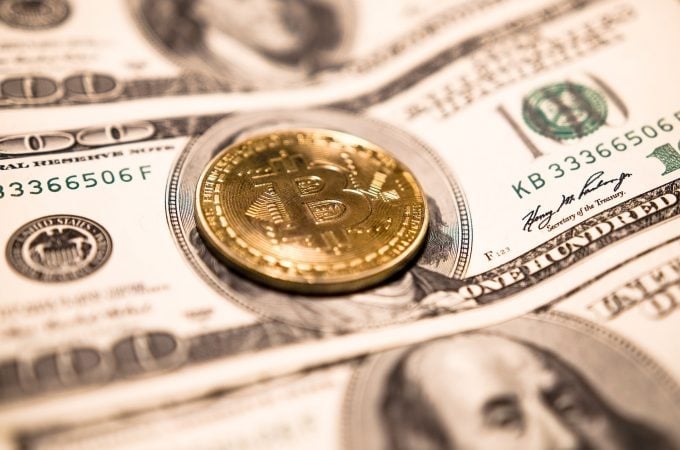Japan, a pioneer in cryptocurrency regulation, is preparing to implement a major transformation of its tax system. Starting in 2026, gains from digital assets could be aligned with those from traditional financial products, reducing a tax burden considered excessive by many investors.
Key takeaways:
- The FSA proposes to reclassify cryptocurrencies as financial products.
- The current rate can reach 55%, one of the highest in the world.
- The reform would introduce a single rate and a three-year loss carryforward.
- Japan would move from a punitive system to a more competitive framework.
- Reporting requirements remain strict until 2026.
A turning point for crypto taxation in Japan
On June 24, 2025, the Financial Services Agency (FSA) announced its intention to reclassify cryptocurrencies as financial products, alongside stocks and bonds. This development is part of the “New Capitalism” plan aimed at boosting investment and strengthening Japan’s position in the global digital asset ecosystem.
Currently, crypto gains are considered miscellaneous income and subject to a progressive tax rate of 5% to 45%, plus a local tax of 10%. The effective rate can therefore reach 55%. Sales for yen, crypto-to-crypto exchanges, payment for goods and services in crypto, as well as income from mining, staking, farming, and airdrops, are taxed. However, purchases, simple holding, and wallet-to-wallet transfers are not taxable.
The proposed reform: a more favourable framework
The reform would introduce two key measures. First, the taxation of cryptocurrencies on the same basis as stocks, with a more competitive single rate. Second, the ability to carry forward losses for three years, a major step forward, given the market’s volatility.
The history of Japanese crypto regulation has been marked by several events: the collapse of Mt. Gox in 2014, recognition of Bitcoin as a legal tender in 2017, the Coincheck hack in 2018, the legal framework for stablecoins in 2022, and now the proposed reclassification in 2025. Each step has strengthened regulatory certainty and clarity.
Until now, Japan has been distinguished by its heavy taxation, in contrast to the United States and the United Kingdom, where cryptocurrencies are taxed under property or capital gains regimes. With this reform, the country could not only move closer to these standards but also become even more attractive to investors.
Investor’s key takeaways
Until 2026, Japanese taxpayers will remain subject to the current regime with a 55% cap. Companies pay a corporate income tax of 23.2%, plus local taxes. It is essential to keep detailed accounting records in yen, meet the March 15 filing deadline, and monitor FSA announcements.
Japan appears poised to move from a punitive regime to a competitive framework. By aligning crypto taxation with that of traditional products, the country would offer investors greater predictability and strengthen its role as a global leader in digital assets.
Read also: Comment vivre uniquement en Bitcoin en France en 2025 ?









